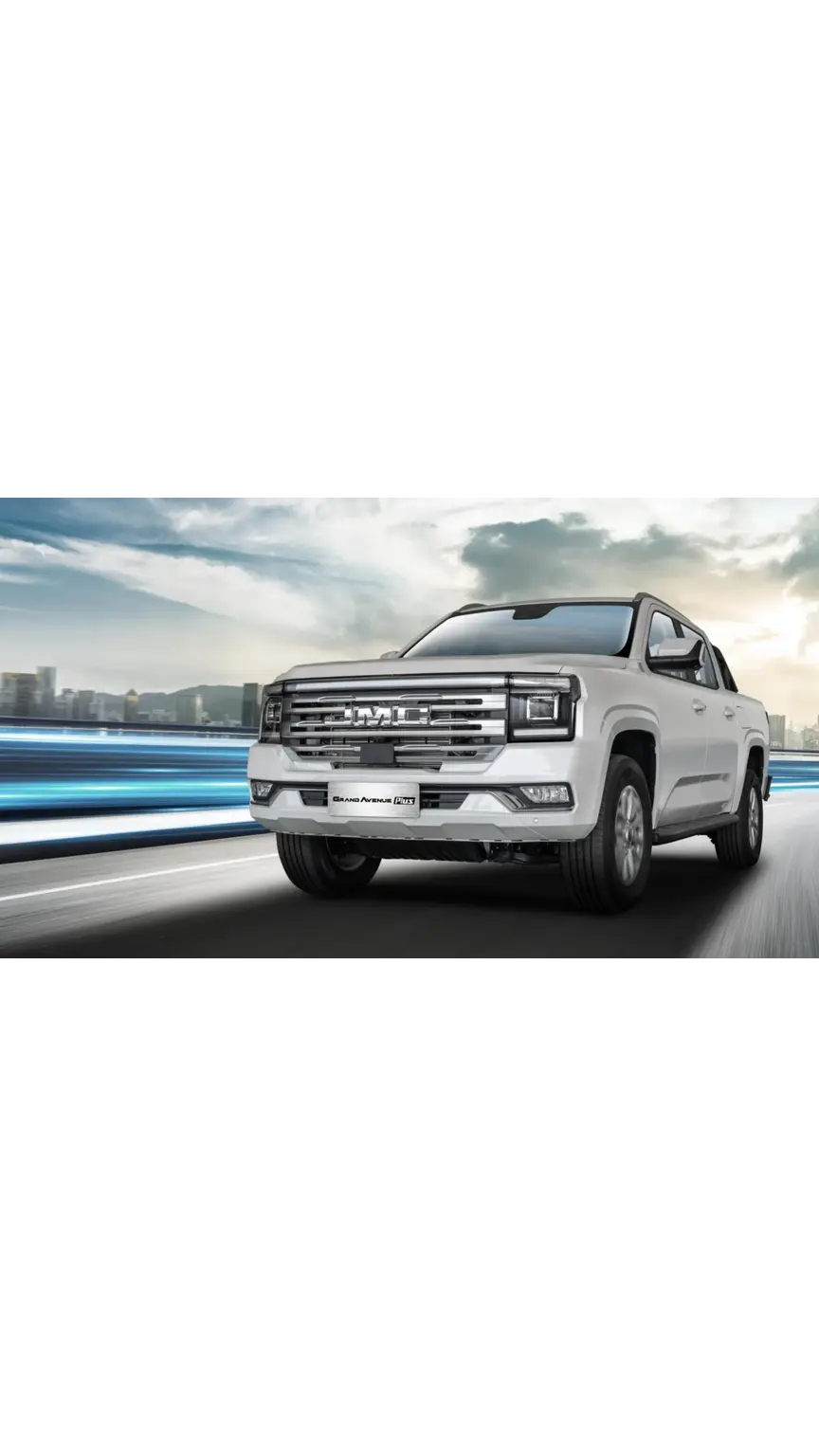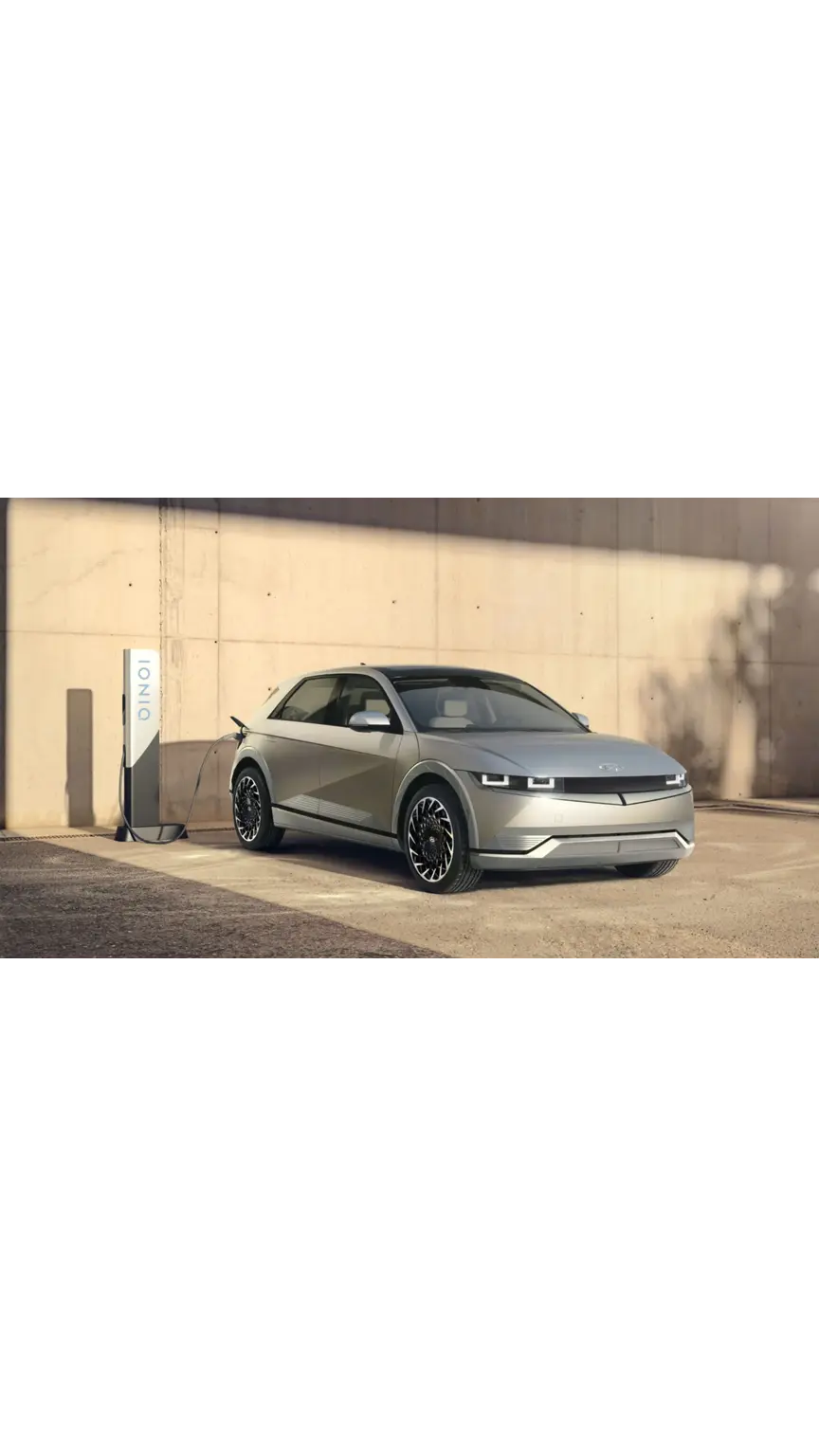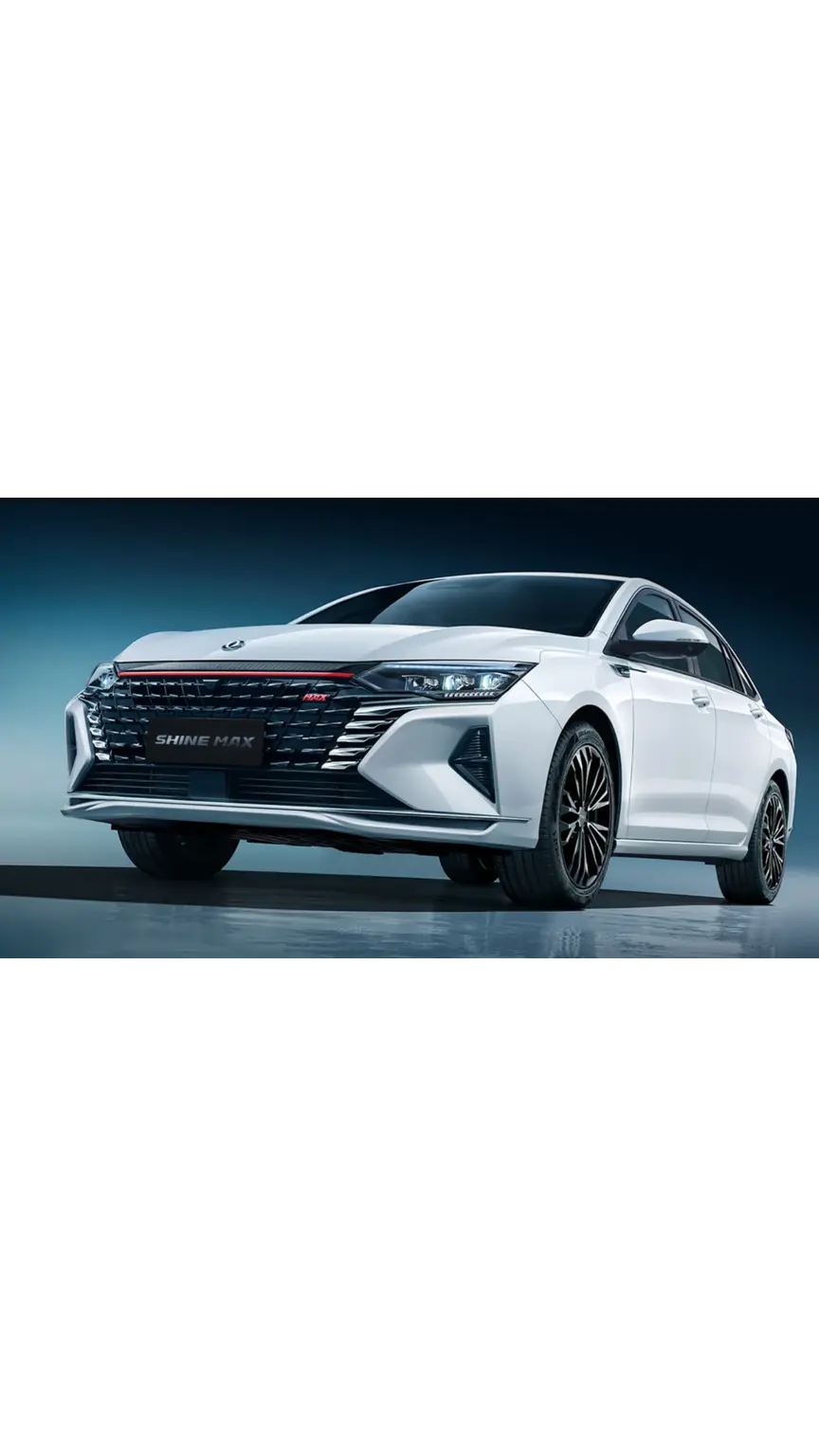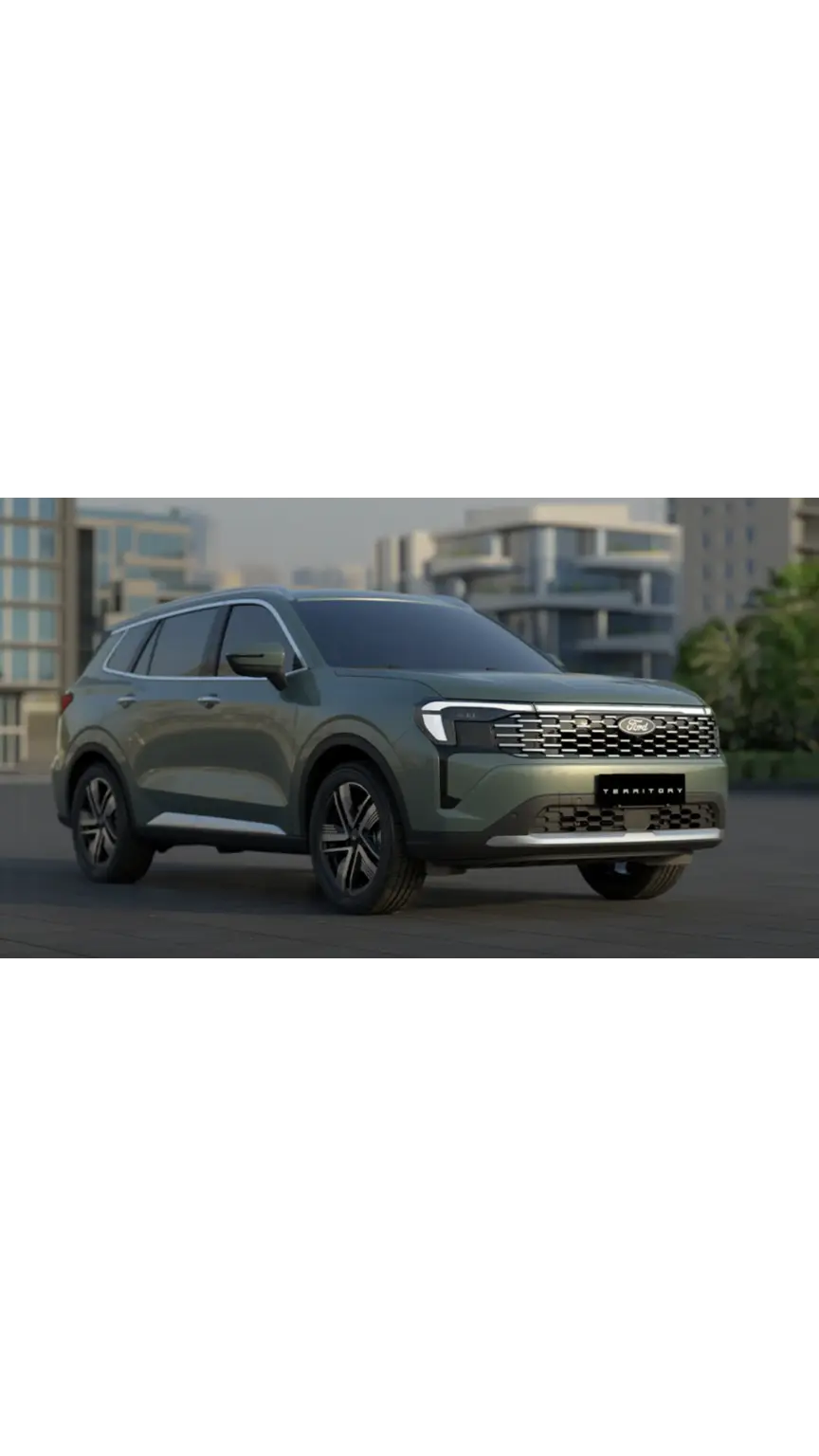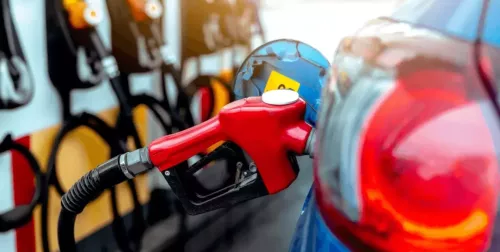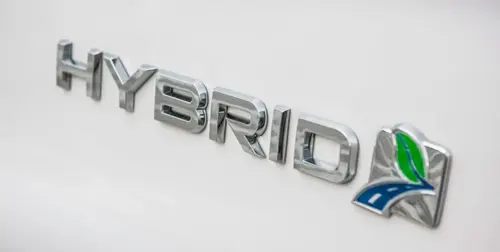Taking care of a car is very similar to taking care of the human body; just as the body needs the right nutrients for it to stay healthy and energized, the car also needs specific types of fluids to make sure it runs smoothly, and perhaps the most important fluid for preserving the engine parts is petrol.
There are different types of petrol; perhaps the most prominent of them are 91 and 95. It is well-known that using the wrong type in your car will affect the safety of the engine, its power and torque, which will cause damage to other parts like the fuel filter, fuel pump, spark plugs, etc.
A Guide to Petrol Types
In the article below, we will be looking at the different methods in which you can identify the best type of petrol for your car, we will also explain the negative effects of using the wrong type in your car.
What type of petrol should I use for my car?
You can find the answer to this question using the following methods:
- The owner’s manual that comes with the car when it was purchased
- Inside the fuel tank cap
- On the “Car window sticker” which includes much information about the car’s specs like the fuel type, and this sticker can be found on one of the tires or the driver’s window
- You can call the main dealer in your area and ask about it
You can also use the Aramco KSA website, as it has a very simple tool that enables individuals living in Saudi Arabia to check the petrol type suitable for their cars.
What will happen if you use the wrong type of petrol?
The combustion process is mainly affected by the octane ratio in the fuel, for it’s the main measure that determines for the owner the amount of fuel needed for the engine, it also plays a fundamental role in the amount of power generated from the engine.
Overall, the 91 petrol is best suited for modern cars with an average performance, as for the 95 petrol, it’s best used in high-performance cars. Adding a 95 high-octane petrol to a normal car with an average performance will do no harm, but if a 91 low-octane petrol was added to a car that needs high levels of octane, the engine might be damaged long-term.
Signs of using the wrong petrol type (Using a 91 instead of a 95)
- The driver will notice that the engine’s torque decreased after a while
- Hearing noisy unusual sounds coming from the engine
Neglecting such matters might drown you in high maintenance fees over time, so be sure to follow the owner’s manual to find out the appropriate type of petrol, or follow one of the methods mentioned above, also, do not forget to adhere to the maintenance schedule that is also attached in the owner’s manual.








